Veterans of Hearthstone and other card games who picked up MARVEL SNAP for the first time this past week might have noticed that one of the staples of the card game genre was missing: the mulligan.
Whether you're talking Hearthstone and Legends of Runeterra's "pick cards to send back" mechanic, or Magic: The Gathering's many different city-named systems, a lot of card game players are used to the idea that if you don't like your starting hand, you don't have to keep your starting hand.
The Mulligan We All Live With
So why did MARVEL SNAP do away with the mulligan? According to Ben, it was because of their desire to keep the variance of a card game while simultaneously reducing the size of player decks:
Quote From Ben Brode When we were first developing @MARVELSNAP - we wondered if we could do away with a card game staple: The Mulligan. Obviously we did, but early testers hated it. We changed their perception with a single change to 1 card.
When I first worked on Hearthstone - physical card game mulligans offered just a single choice - do you want to get a new hand with 1 less card? We felt like with our smaller hand size in Hearthstone, a better choice would be to choose X cards to replace.
I think it's a more fun mulligan, but it's more dangerous in that it reduces variance and makes it more likely that you're going to draw into a combo, if you're playing a combo deck.
Card games are fun in large part due to their variance. Each game playing out differently is what separates it from games like Chess, which play out so similarly that often players memorize long series of opening plays and counter-plays.
The more variance in a game, the more problem-solving skill is required, since you are constantly put into new situations that you couldn't possibly have prepared for by memorizing the best answer.
In Marvel Snap, we wanted decks to be really small. Deckbuilding is one of the hardest things for players to do in card games. Generally, the smaller the deck, the less variance you have.
(important to remember that other card games allow multiples of each card in a deck, which also reduces variance)
Given the desire to increase variance (to counteract the small decks), and to also play up the variance of starting hand strengths to allow the bluffing of the SNAP mechanic to be more interesting, we decided to not have a mulligan.
However, every time we invited a new player to our early tests, the first piece of feedback we got was: "I wish there was a mulligan. I hate not having anything to do on turn 1."
Despite Heathstone's mulligan, we got similar feedback in Hearthstone's early days - which is why all of the Hero Powers were eventually designed to be used on turn 2 - to blunt the impact of not having an early play. (Sorry, Priest!)
In Snap, we knew that once players understood how the Cube worked and how you could bail out at any time for only a small loss of Cubes, the impact of bad luck would be lessened. And also, missing a 1 or 2 drop in SNAP is really different than in other card games.
There's no "tempo" in Snap. You don't "lose board control" by not playing a card early. It might not be the best, but you're certainly not doomed. But this feedback about having nothing to play on turn 1 was so frequent, we knew it would be an issue.
Solving a Problem You Created
It's clear that Second Dinner didn't want to decrease variance even more by adding a mulligan to the start of the game - but how could they convince players that MARVEL SNAP's lack of mulligan was a good thing?
In our opinion, the developers were smart to realize that they weren't dealing with a gameplay issue, but rather a player perception issue. Card game players are used to the idea of tempo, and Hearthstone players specifically are often antsy if they don't have something to do on turn 1. So if the issue isn't tempo or balance, how do you find a solution? How do you fix perception of your game, especially when you're dealing with a mechanic that will be expected by players familiar with Hearthstone and Magic: The Gathering?
Quote From Ben Brode So we made a single change. We moved Quicksilver into the starting deck.
A solution so simple, it borders on elegance: Starting every player's MARVEL SNAP experience with a 1-Drop that's guaranteed to be in their opening hand.
Quote From Ben Brode Immediately, the mulligan feedback dried up. Who needs to mulligan when you always draw your 1-drop? Eventually many players decide to swap Quicksilver for a different card, but at that point you're making the *choice* to risk a bad opening hand.
In game design, an important question to ask when facing a problem is: Is this a system-design problem, or a content design problem? In this case, what initially seemed like a system problem (players want a mulligan) was actually solved with a content design change!
I've been getting a lot of tweets about @MARVELSNAP over the past week, and a lot of feedback (yes we're working on friendly battles!) - but you know what I haven't heard ONCE? "I wish there was a mulligan" 😂
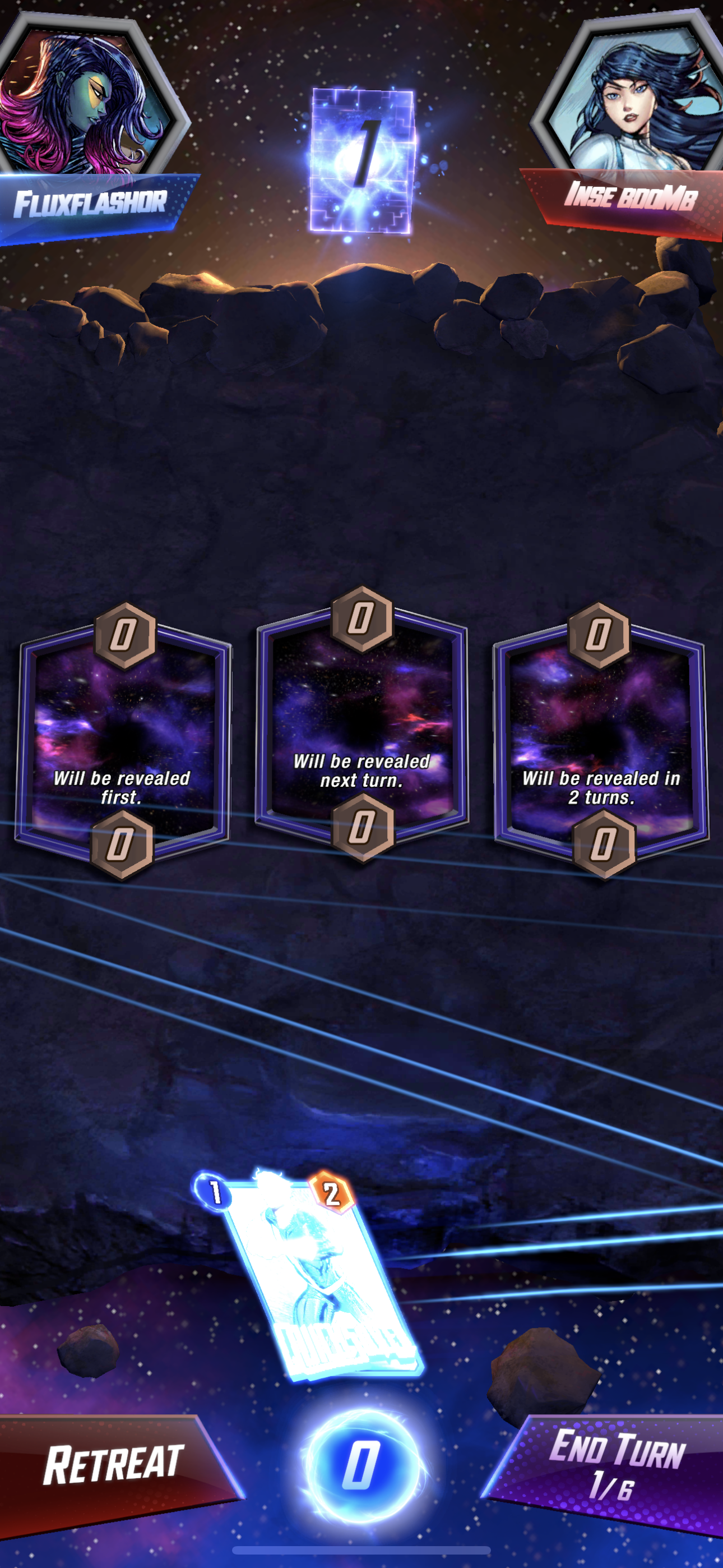
Giving players more agency and control over their experience is always a winning strategy; as the saying goes: "Give a man a fish and he'll eat for a day. Teach a man to fish, and he'll spend all his time on Reddit complaining about 'the fishing meta.'"
Ben has gifted us with some really great insight into game design, and a reminder that just because something is assumed to be part of a genre doesn't necessarily mean that it has to be there. Fun fact: MTG originally didn't have a mulligan system either (early testers thought it would reward poor deckbuilding); when the mulligan made it to Magic, it was because Magic needed it and not because Magic was expected to have it.
What are your thoughts on Ben Brode's insight? Have you been missing the mulligan in MARVEL SNAP? Share your thoughts in the comments!
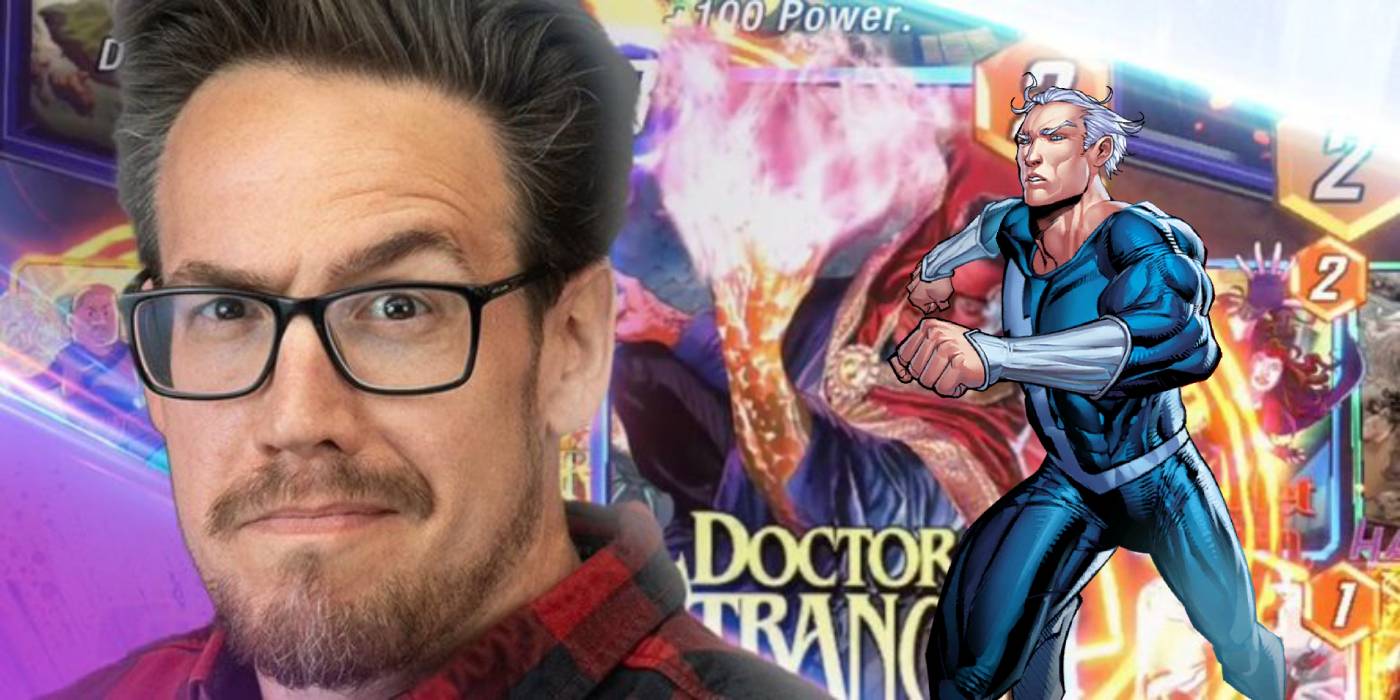
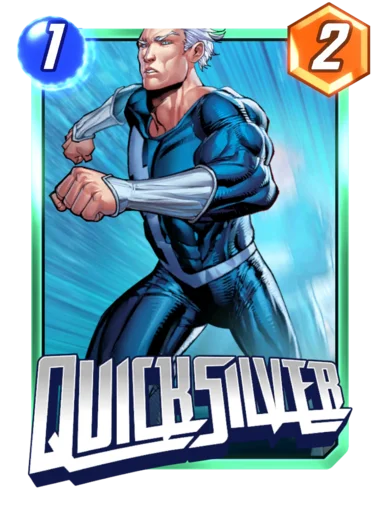
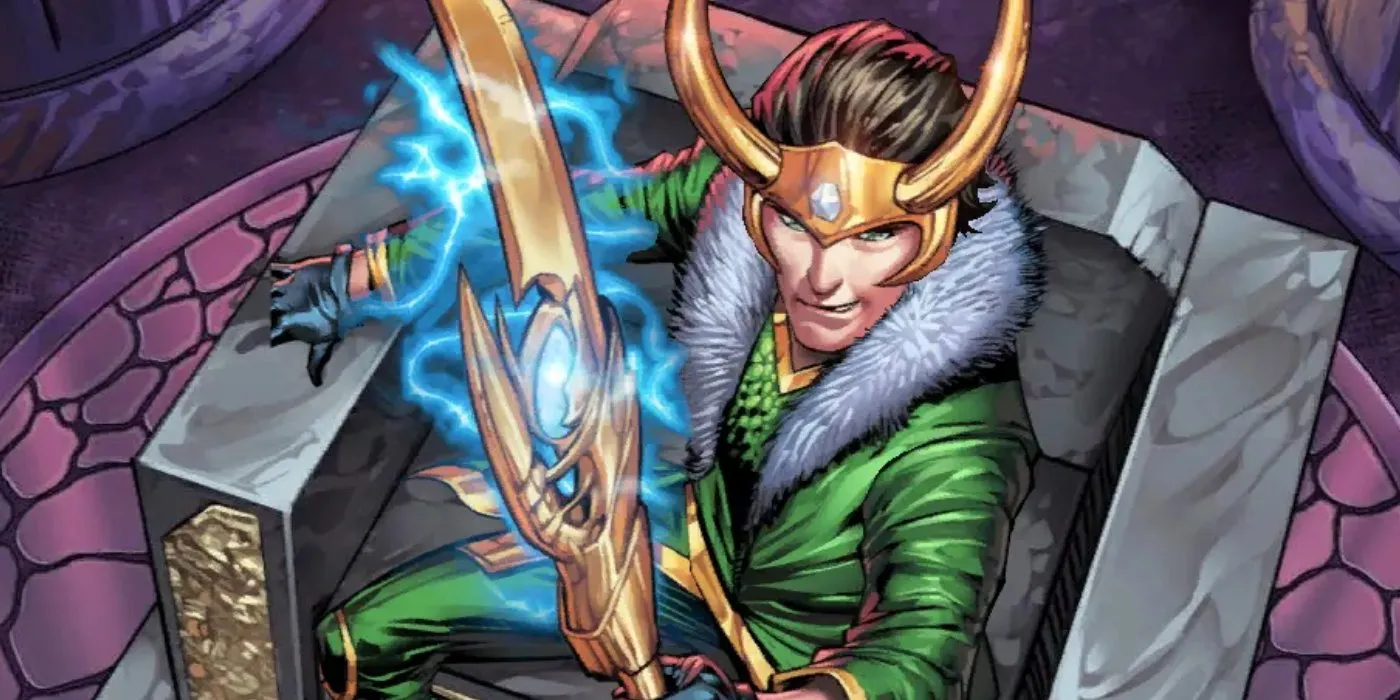
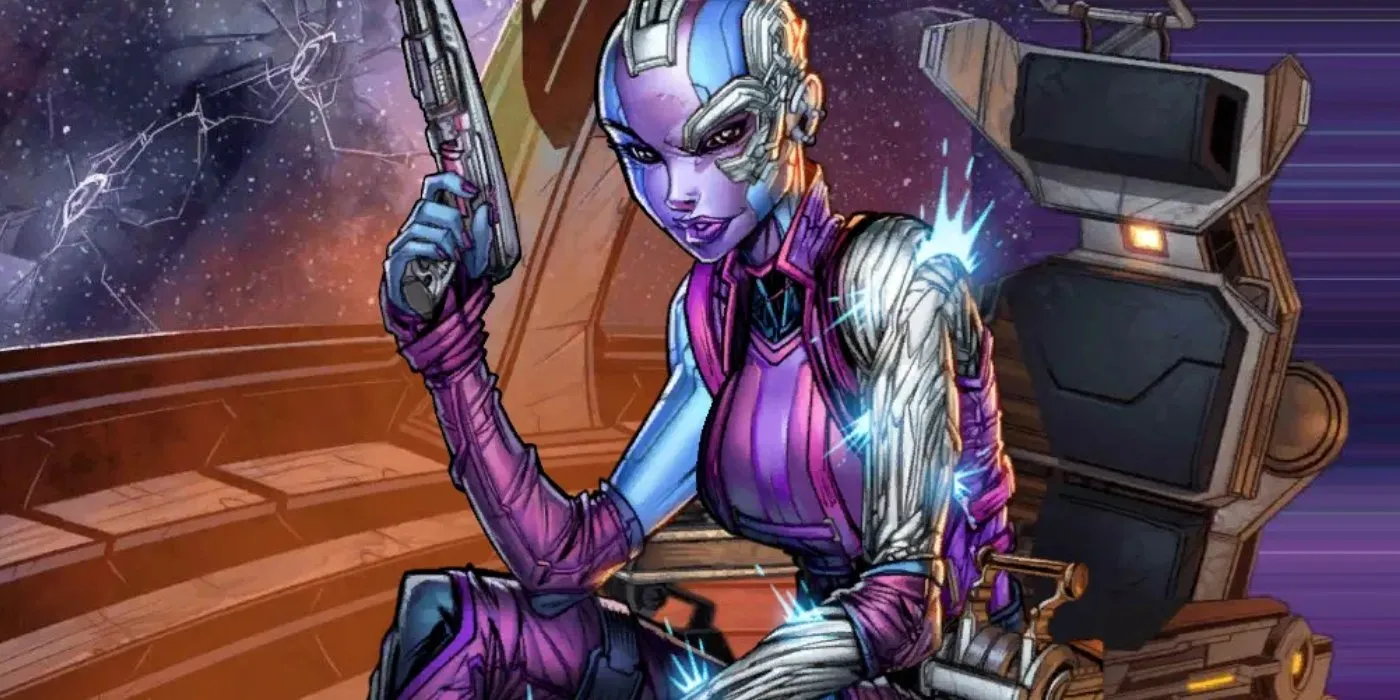
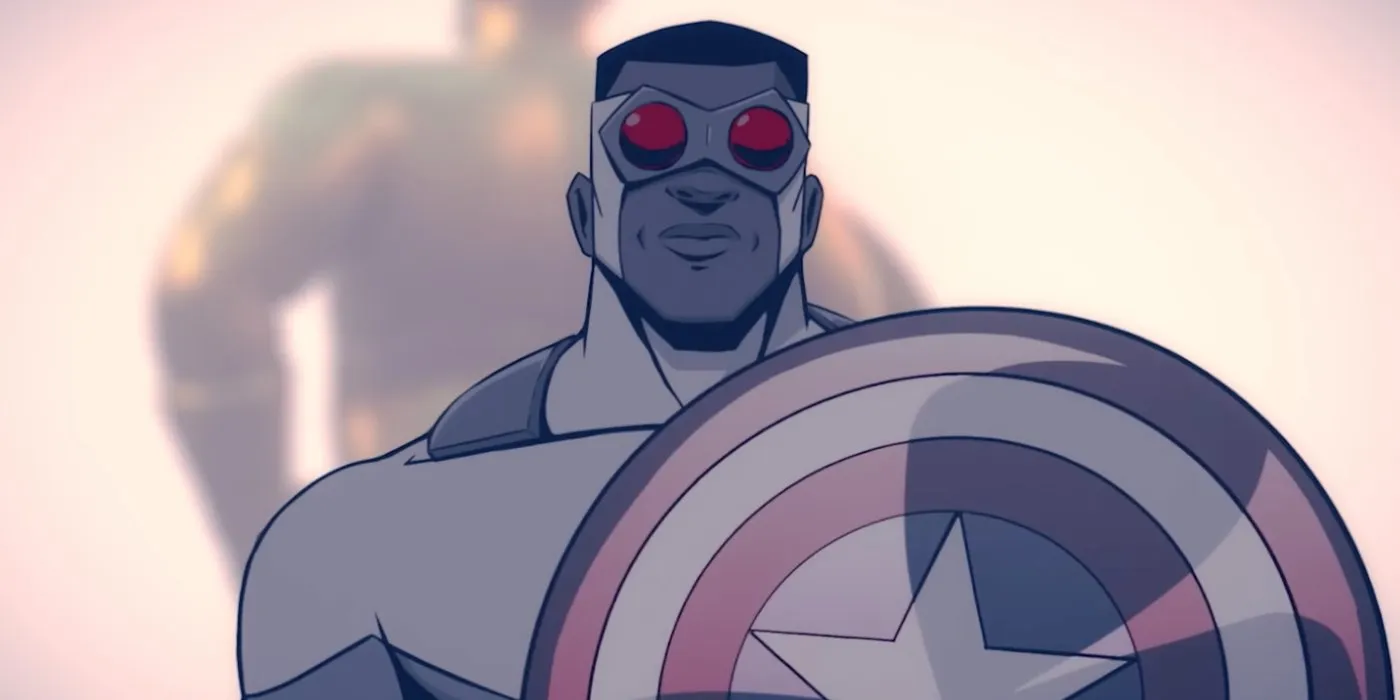
Comments
Wow, game designers should actually learn from this lesson. Really great insight!
Very good analysis, having mulligan in a game with 10 card-decks would lead to all games feel the same, since the odds of drawing what you need would sky-rocket. I think it was a very good decision, and mitigated with cards like America Chavez for the combo-wombo decks.
WELL MET and well said, Ben!
Another great thing about Marvel SNAP is that even when my hand sucked ass, I can just retreat early and only lose a single cube most of the time, which is barely noticeable anyways so losing doesn't feel devastating.
It's been a common problem for me when it comes to competitive games. Marvel SNAP is the first game I've played where winning actually feels amazing and losing is just a learning moment and not a depressive episode.
Exactly. The fact that you can mitigate your losses has such a positive psychological effect. I think that's the real winner over Quicksilver, which I have barely run at all to this point.